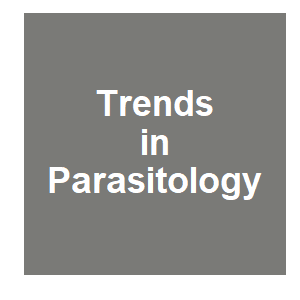Improving mosquito control strategies with population genomics

|
T. L. Schmidt, N. M. Endersby-Harshman and A. A. Hoffmann,
Trends in Parasitology,
37:907-921.
2021.

Mosquito control strategies increasingly apply knowledge from population genomics research. This review highlights recent applications to three research domains: mosquito invasions, insecticide resistance evolution, and rear and release programs. Current research trends follow developments in reference assemblies, either as improvements to existing assemblies (particularly Aedes) or assemblies for new taxa (particularly Anopheles). With improved assemblies, studies of invasive and rear and release target populations are better able to incorporate adaptive as well as demographic hypotheses. New reference assemblies are aiding comparisons of insecticide resistance across sister taxa while helping resolve taxon boundaries amidst frequent introgression. Anopheles gene drive deployments and improved Aedes genome assemblies should lead to a convergence in research aims for Anopheles and Aedes in the coming years. More related to this: Global citizen deliberation on genome editing An Anopheles transgenic sexing strain for vector control Gene drive research: Why it matters The potential of genomics for restoring ecosystems and biodiversity
|



